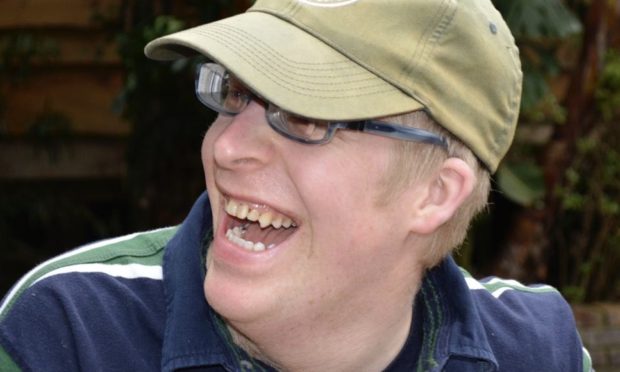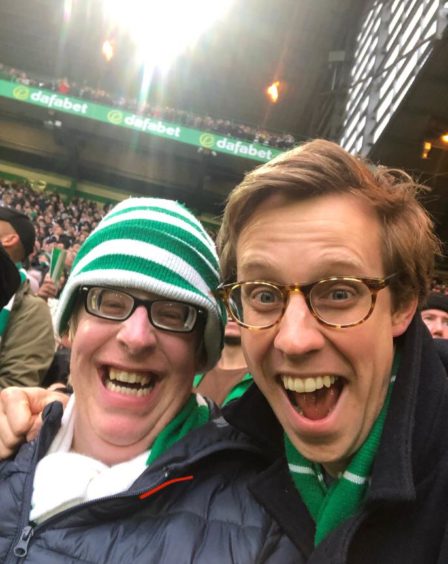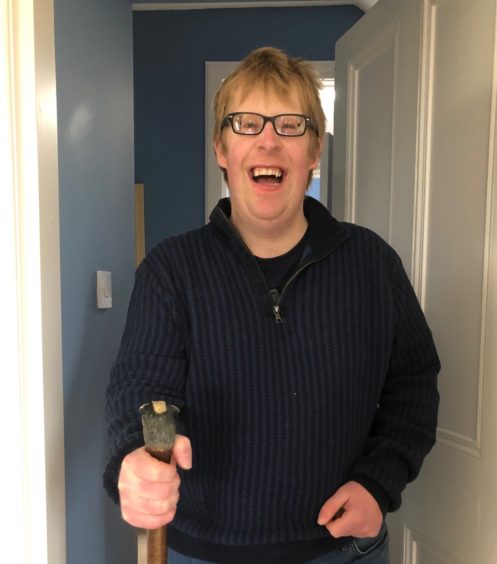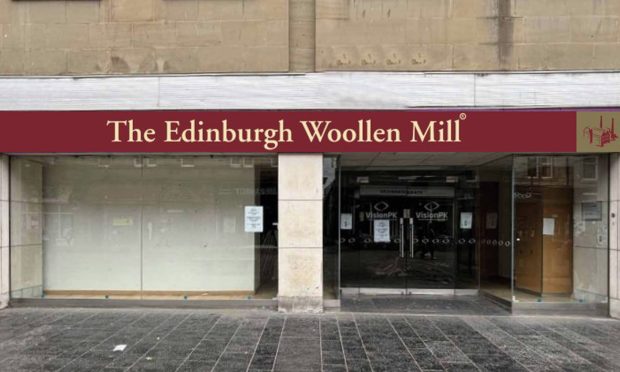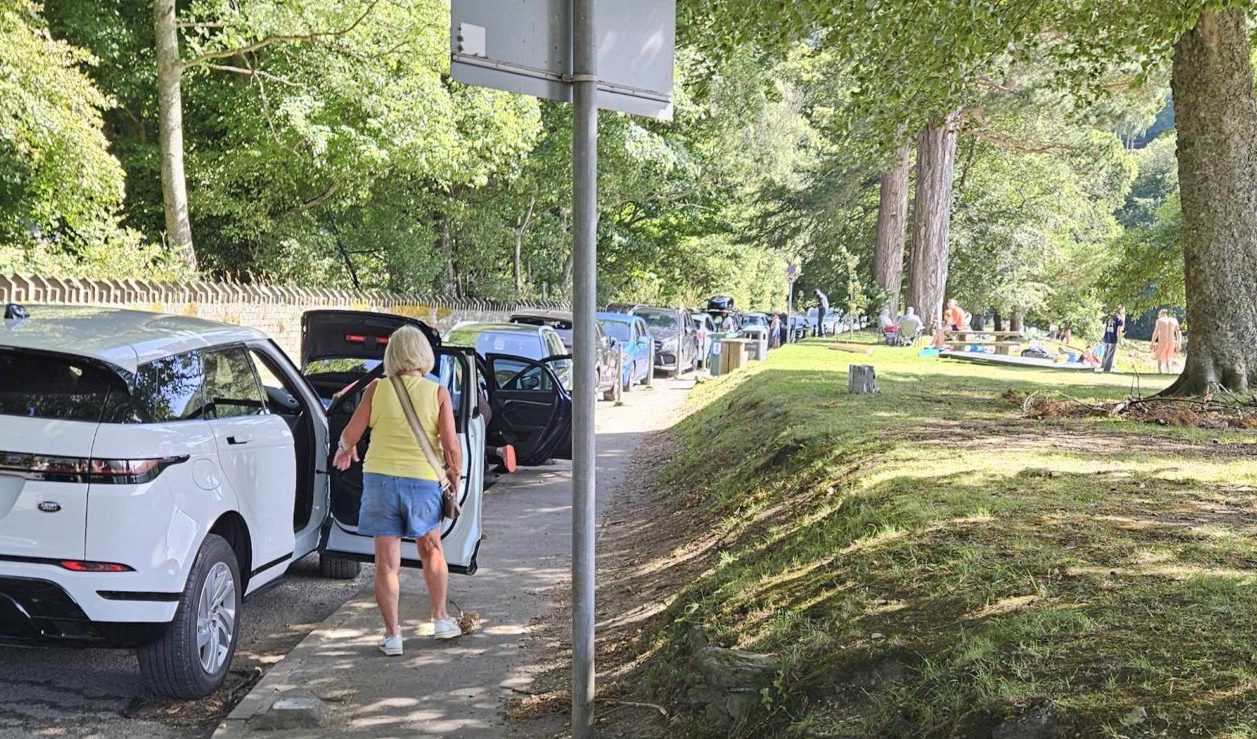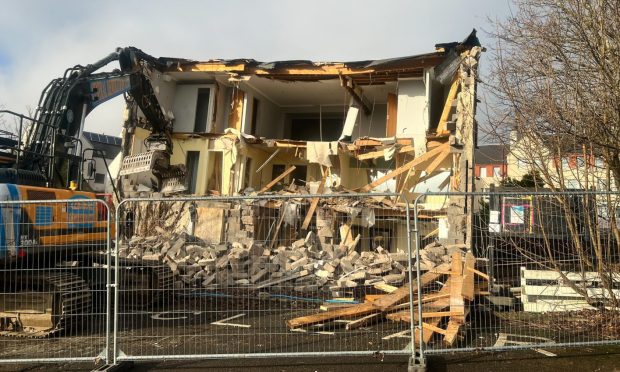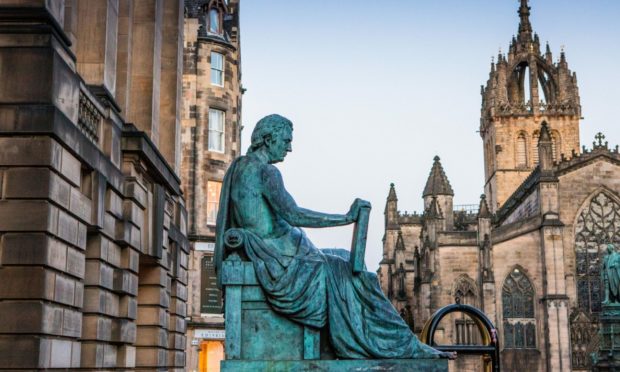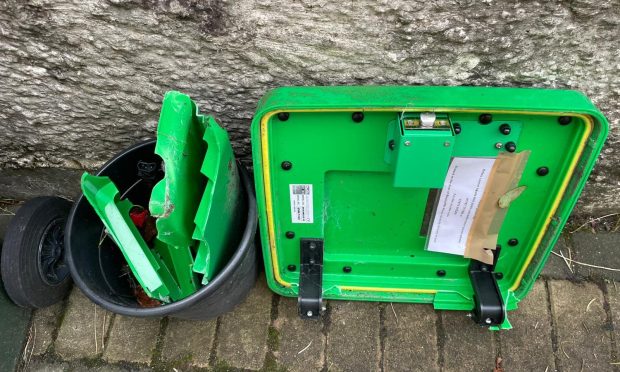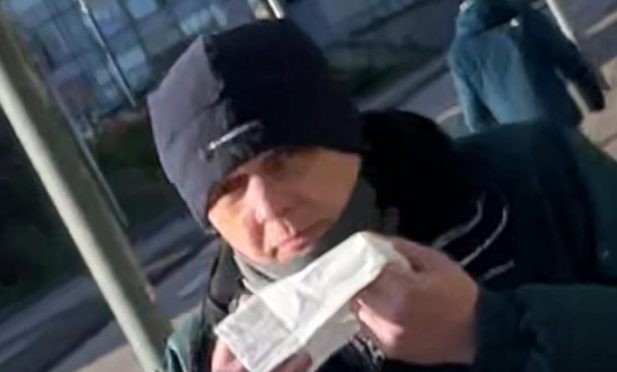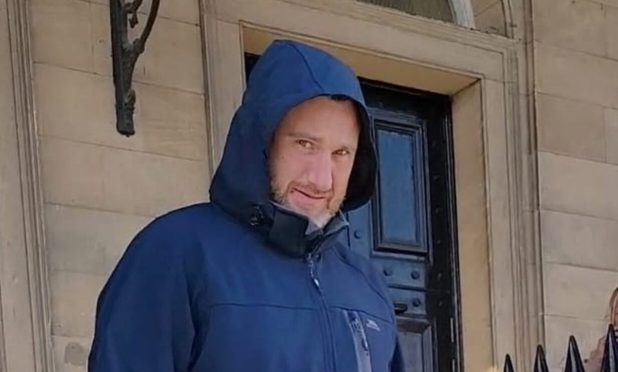A family has paid tribute to health workers who cared for their “extraordinary” son throughout a gruelling cancer battle that was kept hidden from him for over two-and-a-half years.
Football fan James Cox, 36, was shielded from the realities of his illness because his doting parents couldn’t bear to see him in a constant state of fear and worry.
James, who was autistic and had special learning needs, never asked why he spent so much time at Ninewells Hospital or why he needed a series of major operations.
He died at his home in Spittalfield, Perthshire, with his parents Belinda and Charles and brother Geordie.
Mrs Cox said: “We are very, very sad to lose him, but we also feel very lucky to have had him for 36 years because, when he was months old, we were told that he would never talk and never walk.
“But he proved them wrong. He walked, talked and had a mind like an encyclopedia. He was just extraordinary.”
Born and raised in London, doctors were never able to identify the nature of James’ disability although they agreed he had autism and Asperger’s.
“When he was a child they tested him for all kinds of things, but it turns out he didn’t have any of them,” said Mrs Cox.
“He went undiagnosed. One of the doctors at Great Ormond Street told us: I’m sorry that we can’t give you an answer, but maybe one day there will people diagnosed with James Cox Syndrome.”
At the age of nine, he began lessons the specialist Camphill School in Aberdeen, where he stayed as a boarder.
His parents moved to Scotland about 25 years ago. James came out of Camphill in October 2017 after his cancer diagnosis, and moved in with his parents at their home near Blairgowrie.
“He was a really bright guy, he was fanatical about wildlife and he knew more about animals than just about anybody,” said Mrs Cox.
“But emotionally he was about five or six years. He had a cousin who he lived with at Camphill who had recently died of cancer.
“We knew if James knew he too had cancer, he would be always asking and thinking: When am I going to die? Am I going to die today?
“We knew he would have been in the most terrible panic.
“But the staff at Ninewells, where he went in and out of for two-and-a-half years, never let slip once. We thought that was pretty sensational.”
James underwent seven hours of surgery to remove part of his gut after his initial cancer diagnosis. Afterwards he continued with his chemotherapy, and later the family received the heartbreaking news the disease had spread to his liver.
“During this pandemic, NHS staff have been quite rightly praised for the work that they do,” said Mrs Cox. “But it’s important to remember that they do work like this all the time. The bigger picture is that they have always been marvellous.
“James was a tremendous football fan, and when he first met his oncology consultant he told her: I am Celtic’s biggest fan.
“The next time he went in for an operation, there was a bed all made up for him with a Celtic duvet and pillowcase, with a signed shirt waiting for him.
“It wasn’t that people were just being nice, they really went out of their way for him.”
The staff also shared James’ sense of humour. “He was a real joker,” said Mrs Cox. “One time I had to go up to the desk at the oncology ward and say: I’m terribly sorry, but James Cox can’t be here today, so I had to bring someone else instead.
“Then James springs up from behind me in his Donald Trump outfit and mask. They all fell about laughing.”
James had an operation on his liver and was moved into the high dependency unit.
He died at home shortly after. “He had six very bad days, but he died peacefully with my husband and I and Geordie.”
James’ sister Arabella sadly wasn’t able to travel from her home in England to see him.
The family have praised all staff who cared for James, but particularly oncology consultant Sharon Armstrong, surgeons Ken Campbell and Francesco Polignano, the staff at Craigvinean surgery in Dunkeld and the receptionists and nurses at the oncology ward who surprised James with a birthday cake.
